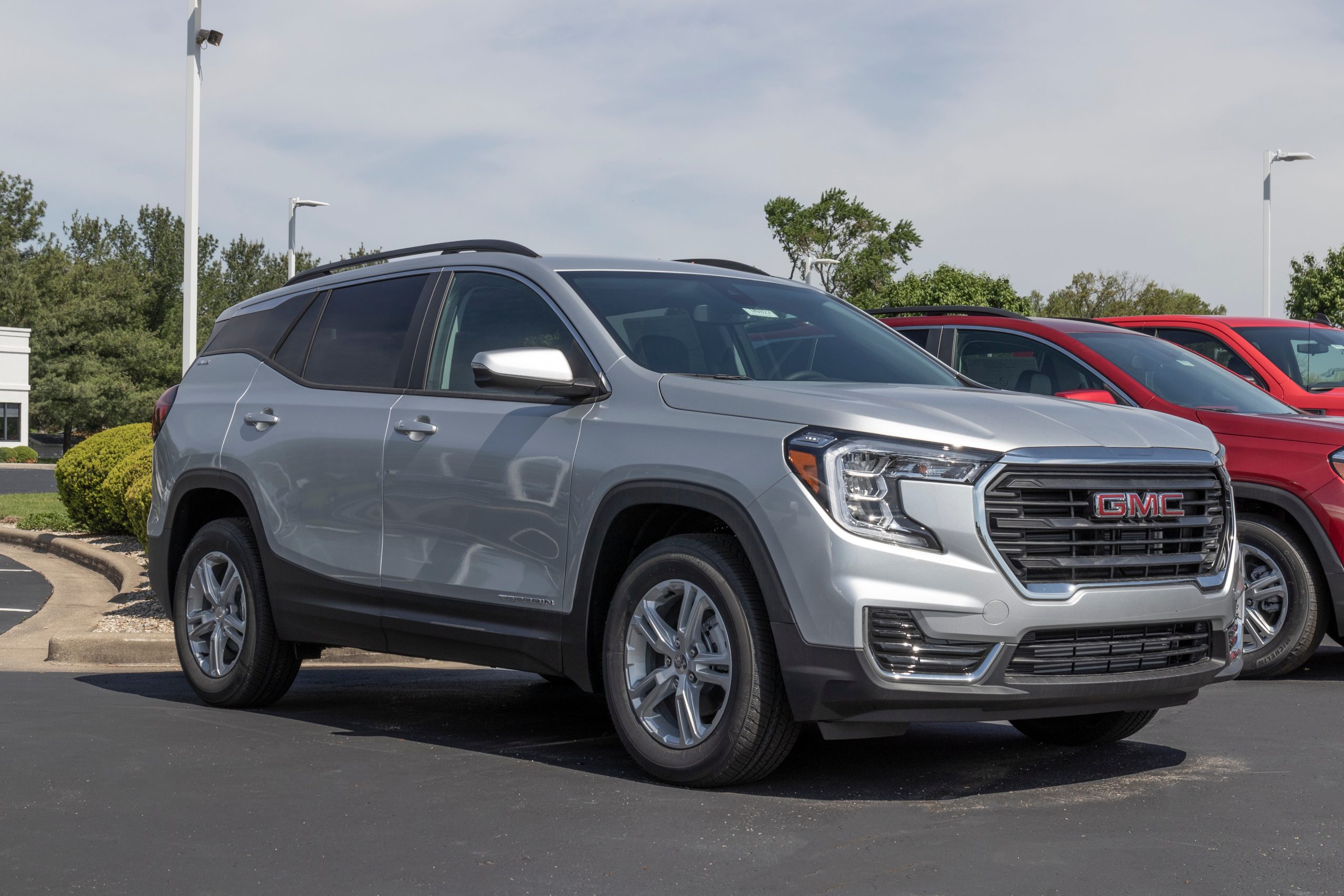A federal judge in Missouri has denied GM’s request to dismiss a complaint alleging an oil consumption defect in certain GM vehicles.
Alleged defect
As summarized in the court’s August 18 order, proposed class representative and Missouri resident Rachel Buchholz’s lawsuit targets 2014-2017 model year Chevrolet Equinox and GMC Terrain vehicles equipped with a 2.4 liter engine. She claims a defect causes the vehicles to excessively burn oil. As US Auto Law previously reported, Buchholz claimed she had to pay nearly $2,000 toward the cost of an engine replacement to repair the alleged defect in her 2015 Chevrolet Equinox.
GM’s urged bases for dismissal
As further detailed in the court’s order, GM moved to dismiss the lawsuit on the bases that Buccholz had not stated a plausible Missouri Merchandising Practices Act claim, and that her claim was barred by the statute of limitations.
Court’s decision
“Before addressing GM’s specific arguments,” the court observed, it noted “other federal courts have recently presided over cases about an oil consumption defect in GM vehicles that is substantially similar to what is alleged here,” such as Tucker v. General Motors LLC, 58 F.4th392 (8th Cir. 2023). The court noted the opinion issued by the Eighth Circuit Court of Appeals in that case showed it “considered allegations quite similar to those at issue here and found they stated a claim that survived dismissal.”
Finding that case “highly instructive,” the judge turned to GM’s motion against Buchholz’s case and rejected its arguments. The judge found Buchholz had alleged with sufficient particularly that GM allegedly concealed the oil consumption defect. Although GM argued Buchholz failed to allege she personally encountered GM’s actions or inactions, the court pointed to Buchholz’s allegation that she was affected by GM’s concealment of the defect because if she had known about it, she would have not purchased or paid less for her vehicle.
The court also rejected GM’s contention that insufficient facts supported Buchholz’s claims that GM knew of the defect before she bought her vehicle. The court found she “makes specific and detailed allegations indicating GM knew or—at a minimum—was on reasonable inquiry notice of the alleged Oil Consumption Defect in the Affected Vehicles before July 2015.” For instance, the court pointed to Buchholz’s allegations that prior to that date, GM had received relevant consumer complaints and published articles, technical service bulletins, and software updates pertaining to the issue.
GM also argued a five-year statute of limitations barred Buchholz’s case, given that she bought her vehicle more than five years before filing the lawsuit. However, the court noted under Missouri law, the statute of limitations was tolled if a defendant took some affirmative action to fraudulently or intentionally conceal the matter, preventing the plaintiff of discovering the cause of action. As Buchholz alleged GM concealed the alleged defect such that she only discovered it in November 2021 when her vehicle began to malfunction, the statute of limitations did not bar her claim, held the judge.
The case is Rachel Buchholz v. General Motors LLC, case number 5:2023-cv-06004, in the U.S. District Court for the Western District of Missouri.





